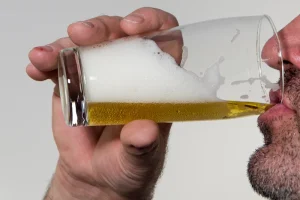
Often, people will experience night sweats after a night out drinking. These night sweats can be caused by their body either still metabolizing the alcohol they had, an intolerance to alcohol, or from withdrawals from the alcohol. For someone with hyperhidrosis, this effect may be exacerbated, or night sweats may be a common occurrence after drinking alcohol, even if you only had one drink. The symptoms of alcohol withdrawal typically begin a few hours after the last drink and peak within hours. However, for individuals who engage in heavy and prolonged alcohol consumption, symptoms may not appear until several days after quitting drinking. Medical intervention may be necessary for individuals experiencing alcohol dependency, especially if they are also experiencing withdrawal symptoms such as shaking.
Lifestyle Modifications for Managing Night Sweats
As blood alcohol levels rise in the interim, several different effects of intoxication will become more evident. For individuals who heavily consume alcohol over an extended period, the cessation of alcohol intake can lead to alcohol withdrawal syndrome. This syndrome can manifest with various symptoms, including shaking and tremors. In severe cases, a condition called delirium tremens may develop, characterized by seizures and potential fatality 2. Alcohol withdrawal syndrome refers to a range of symptoms that can occur when an individual with alcohol dependency suddenly stops or significantly reduces their alcohol intake.
- The next section will provide insights on how to manage and address night sweats due to alcohol.
- Uncover reasons people become codependent, its effects, and ways to break free for a healthier life.
- These strategies can help maintain hydration levels and potentially lessen the occurrence of night sweats.
- Discover empowering ways to stop addiction for good and regain control of your life.
Learn More About…
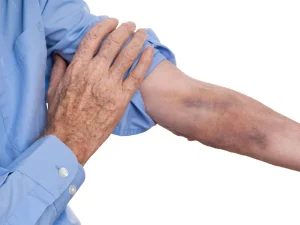
This happens because alcohol causes blood vessels near the skin’s surface to dilate, resulting in a flushed or warm feeling. As with many medical conditions, hyperhidrosis can manifest differently for different people. For some, complete avoidance may very well Drug rehabilitation be the only solution to managing excessive sweating when it comes to alcohol. Others may be able to find some unique solutions that work for them.
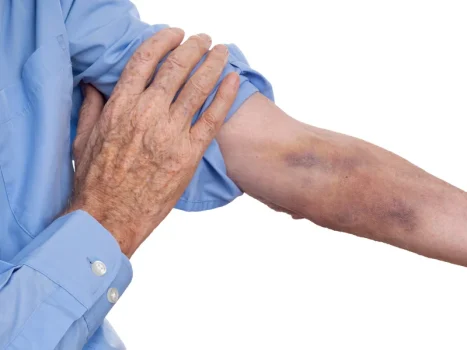
Rebounding from Addiction Relapse with Purpose
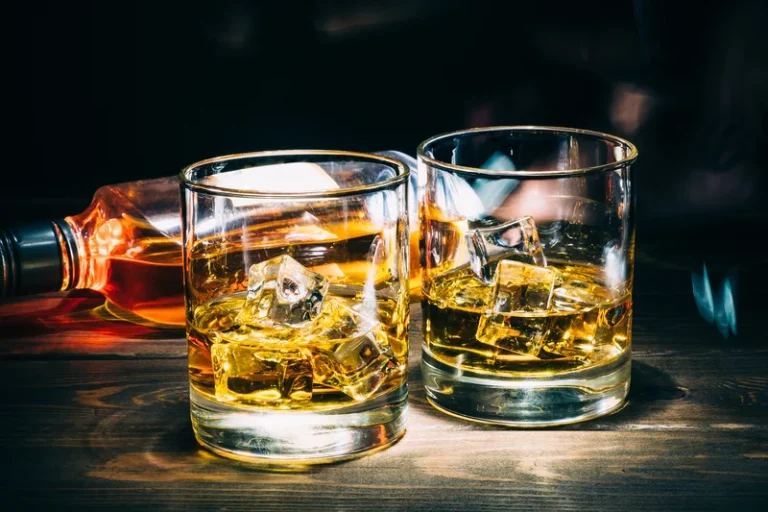
Alcohol, acting as a diuretic, increases urine production and can lead to dehydration. Dehydration, in turn, can trigger night sweats as the body regulates its temperature. This is particularly noticeable if alcohol is consumed close to bedtime. When answering the question, “why does alcohol give me night sweats?” it’s important to recognize the signs and symptoms, and know when to seek medical attention. For instance, establishing a regular sleep schedule and creating a comfortable sleep environment can help alleviate night sweats.
Disrupting Sleep Patterns
- As if feeling awful weren’t bad enough, frequent hangovers also are linked with poor performance and conflict at home, school and work.
- Hormonal changes during menopause can trigger hot flashes and sweating.2 Pregnant women may experience night sweats, too.3 These symptoms are usually temporary and resolve on their own.
- However, as many people drink alcohol in the evening, night sweats are common.
- Alcohol is known to stimulate the nervous system and increase heart rate, which creates a potential trigger for the body’s natural cooling mechanism—sweating.
- People may not realize that because of this, they are at risk of hypothermia in cold weather.
- This article covers the possible causes of alcohol-related night sweats, including how to manage night sweats after drinking.
When alcohol leaves the body, the central nervous system and part of the sympathetic nervous system remain unbalanced, leading to symptoms like shaking and tremors 4. Low blood sugar levels due to the impact of alcohol on the body’s ability to monitor blood sugar can also contribute to hangover shakes. When blood sugar drops, it can lead to shaking along with other hangover symptoms like sweating and headaches.
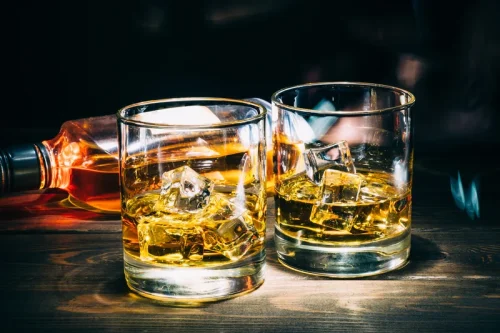
For those with alcohol dependence, sweating often occurs during withdrawal. Alcohol intolerance and alcohol withdrawal can also lead to symptoms such as night sweats and facial redness. To fight off a hangover, you should do the opposite of sweating after drinking “sweating it out”. Staying well-hydrated will help you get back on track faster and will give your body time to naturally process the alcohol before your next drink. There is no evidence that having night sweats or making yourself perspire can cure a hangover any faster. In fact, if you work out after you are already dehydrated, your hangover symptoms will only get worse.
- To counteract this, it is important to replenish the body’s water supply.
- Most hangovers only last a few hours, but some can last for upwards of 2 days.
- Alcohol consumption can lead to an increase in body temperature, which can trigger sweating during sleep.
- Our science-backed approach boasts 95% of patients reporting no withdrawal symptoms at 7 days.

